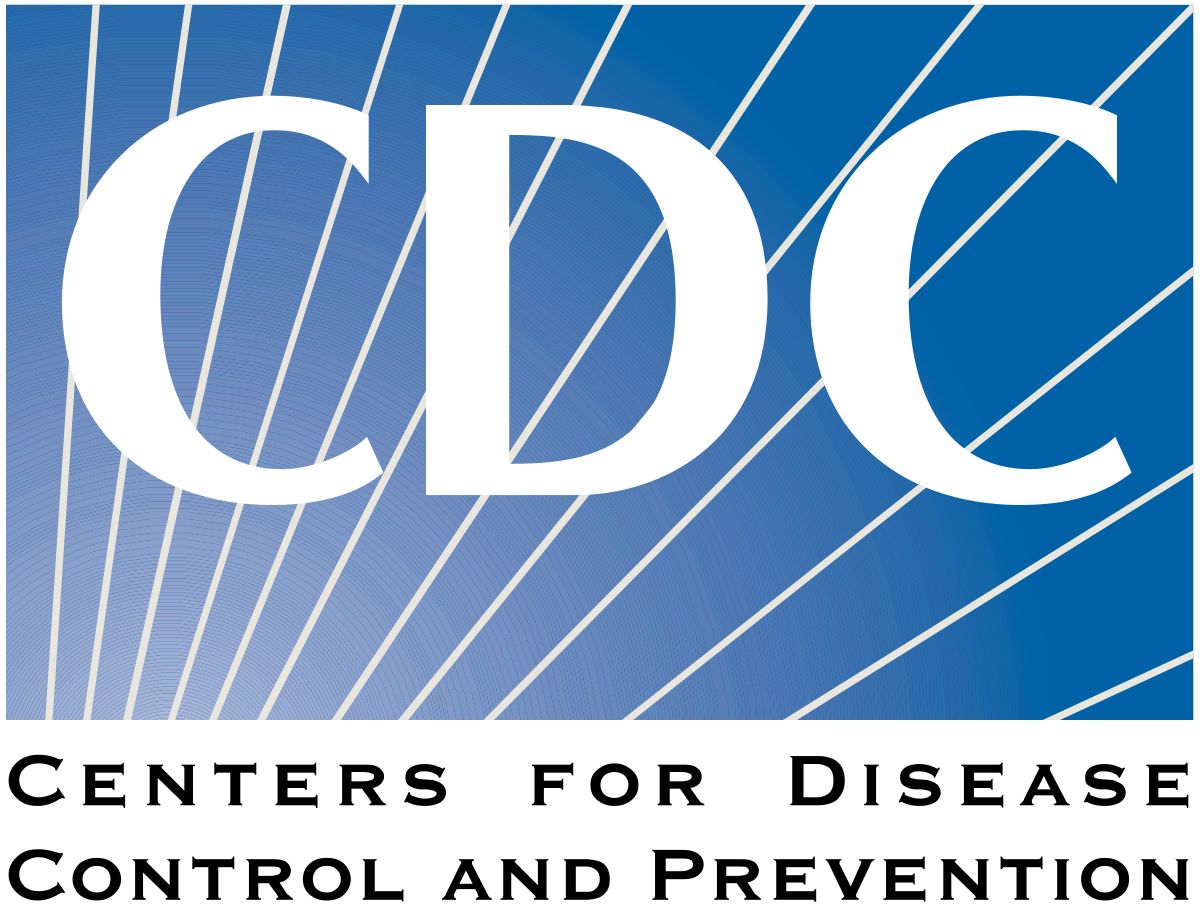Article
Doctors Largely Ignore CDC‘s Birth Cohort HCV Screening Guidelines
Author(s):
The results of a new study indicate that most physicians are not following the CDC’s recommendation to screen all Baby Boomers for hepatitis C.

Doctors are not screening Baby Boomers for hepatitis C at high rates, according to a new study; however, the implementation of electronic reminders could help solve the problem.
The US Centers for Disease Control and Prevention (CDC) recommends that all individuals born between 1945 and 1965 be screened for hepatitis C (HCV), as roughly three-quarters of the 3.2 million Americans infected with HCV were born in that time frame. Yet, a paucity of research exists to discern whether individuals in that age cohort are indeed being tested.
The new study looked at data from NorthShore University Health System, in Illinois, between 2010 and 2015. Of the 106,753 commercially-insured Baby Boomer outpatients seen over the 5-year time span, the overall HCV-antibody screening rate was 11.2%.
“However, a closer analysis of the data provided clear evidence that the historic testing rates were predominantly due to the presence of real or perceived risk factors, including ethnic and racial factors, comorbidities, and other medical and demographic features,” wrote the authors, led by Amoah Yeboah-Korang, MD, MPH.
The investigators also looked specifically at patients who came into the health system’s primary care offices in July 2015. Of this group, only 1.3% of eligible birth-cohort members were tested, and more than half of those (0.7%) were tested based on factors other than age, such as risk factors or abnormal liver tests. The team concluded that just 0.6% of patients were truly screened based on the CDC’s age-cohort guidelines. Although the HCV screening numbers from the study are sobering, the authors contend that they are also in line with those seen in other research.
A promising partial solution to this lack of adherence to screening guidelines may be found in automated “best practice alerts” that are integrated into the electronic health record (EHR). Such alerts are designed to prompt physicians when a patient in the Baby Boomer birth cohort has not been screened for HCV. According to the study authors, the alert would identify the patient who had not been screened and then prompt the physician to order an HCV Ab test at the point of care.
In fact, after the NorthShore University Health System implemented this best practice alert into its EHR, the institution saw a 15-fold increase in screening rates, according to the authors.
Assuming provider tested patients at a rate of 10% per patient visit, and assuming patients made biannual visits to their primary care physicians, the health system’s cumulative testing rate would near 65% within 5 years, the investigators concluded. Furthermore, a 20% per-visit testing rate would bring the overall testing rate in the patient population to 89%.
The study, “Hepatitis C screening in commercially insured US birth-cohort patients: Factors associated with testing and effect of an EMR-based screening alert," was published online in the Journal of Translational Internal Medicine.





